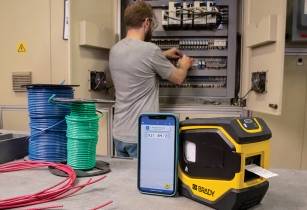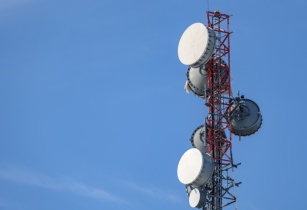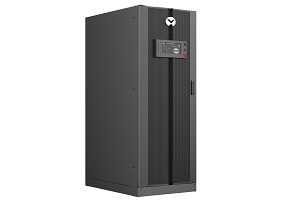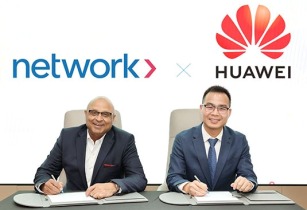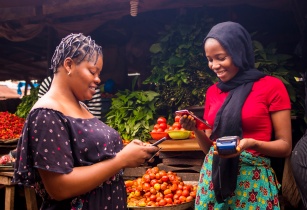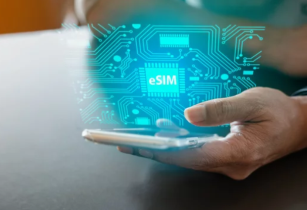Page 3 of 4
Talking with Ababacar Dème, Wari’s operations director, Dème reiterated what Mbodje had also mentioned – that Senegal, as with the rest of Africa, is a cash-based society and the concept of credit, even within the banking and financial services context, is somewhat alien to many people.
So Wari customers are reassured by the way the mobile technology platform operates. When money is despatched, an SMS is sent to the intended recipient. The recipient finds one of the current 3,000 odd Wari outlets in Senegal, or whichever country they reside, and takes their ID and phone to collect the funds.
As soon as they do, the sender receives a confirmatory SMS from Wari. This, as far as I could tell, was a unique aspect of the Wari service. No other remittance company offers this confirmation back to the sender.
Wari has also pioneered an innovative distribution system. It entered into an agreement with the French energy company Total that makes any Total fuel station throughout Africa a Wari agency. That move has not been missed by other money transfer services – notably the service offered by the French telecom group Orange who has also teamed up with Total.
Wari, however, has the advantage of being a first-mover, and is in talks with other major oil companies to build similar partnership arrangements. It makes sense for the oil majors as the cost of running petrol stations on the margins offered by the sale of fuel is, to say the least, challenging.
This is one of the reasons that the fuel companies have been turning their filling stations into mini-markets, and having money-transfer services on hand attracts additional customers, often those without vehicles.
And like any Wari agent, the fuel companies take a agreed share of the money transfer fee from their bank. In general, the banking partner takes 75 per cent of the margin and CSI 25 per cent. It is remarkable that Total reckons its revenues from remittances in Senegal are now exceeding those from fuel sales.
Where Wari has been truly innovative is that it is neither a telecom company (like Orange, MTN or Safaricom for that matter), nor is it a banking institution. Rather, it is a technology platform that offers a gateway to different national and international corridors. This enables even the unbanked citizen to access financial services.
It also neatly sidesteps the regulatory issues that often plague telecom companies that have entered this market, and have been singled out for criticism for offering financial services without banking regulatory oversight.
So the Wari model partners with 45 banks –including Ecobank, which enjoys Africa’s largest footprint across middle Africa. It also has partnership arrangement with 17 post office groups in Africa, and in Senegal alone has some 3,000 agents who are each allied to a particular bank.
Article continues on page 4...










